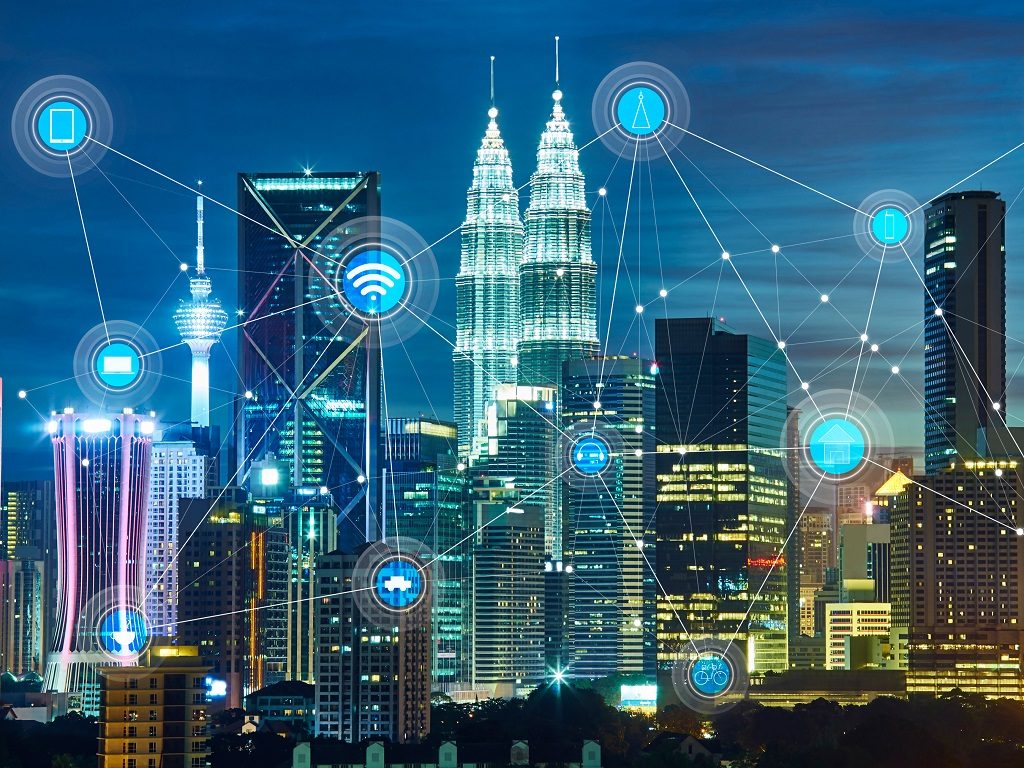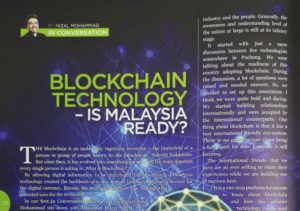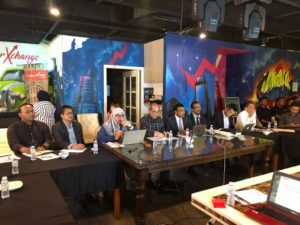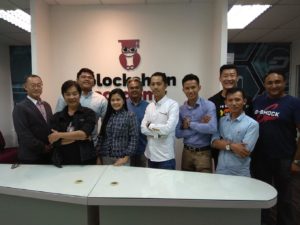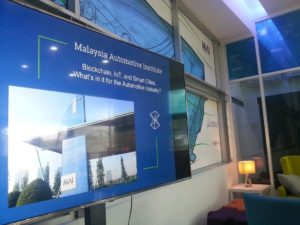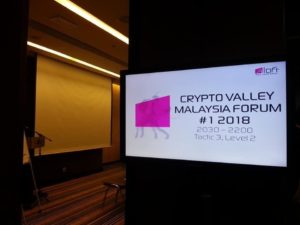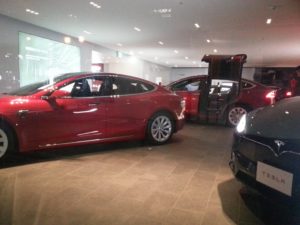According to the British Standard Institute, a smart city can be simply defined as “the effective integration of physical, digital and human systems in the built environment to deliver sustainable, prosperous and inclusive future for its citizens”.
Smart cities are supported by infrastructure that is more than bricks and mortar.
These cities are
- smart (thoughtful, people-centric),
- digital (driven by data acquisition, measured, analyzed and sometimes exchanged), and
- virtual (experiential).
As a result, they are connected, creating more potential interactions between people and their place. Tel Aviv is one of these cities.
Factors that define a Smart City
The mega trends to connect urban operations for a sustainable future are nonetheless Urbanization, Digitization and Sustainability.
Urbanization
Transport and mobility should be knowledge-based, with smart parking, traffic sensors and car sharing apps, and even autonomous car in the near future.
Digitization
Connectivity, with 4G or 5G, plentiful Wi-Fi hotspots and high smartphone penetration. Excellent online access to governmental services and a high level of citizen participation.
Sustainability
Focus on clean energy and environmental friendly projects.
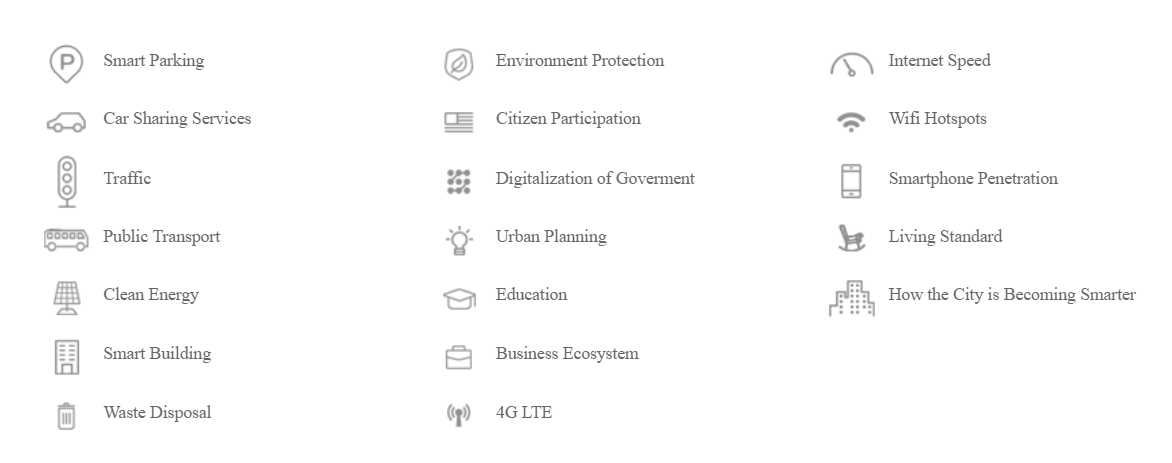
What’s going on around the world?
There are about 1,000 cities worldwide, including 100 in India and 500 in China, that want to be “smart” — and as soon as possible, beefed up by stupendous investments.
“Smart cities have evolved from a collection of discrete flagship projects to a sizeable market opportunity that will drive significant tech investments in 2018 and beyond. Strategic priorities include intelligent transport, data-driven public safety and resilient energy and infrastructure.” ~ Serena Da Rold, programme manager for customer insights and analysis at IDC.
Songdo, in South Korea, was the world’s first smart city and Amaravati in Andhra Pradesh, India, is being built from the ground up to be the country’s first futuristic, hyper-connected and Singapore-supported smart city.
Smart city and jobs creation
Vietnamese information technology leader FPT looks to turn Danang, the country’s third-largest metropolis into a “smart city” in two years, focusing on fields such as agriculture, medicine, energy and traffic.
Bringing smart technologies to Danang likely will boost the Hanoi-based company’s “Internet of Things” business.
In 2016, the company opened an IT hub in Danang, where it employs 10,000 engineers. Danang offers cheaper labor costs than Hanoi or Ho Chi Minh City, and its abundance of science and engineering schools helps FPT secure talent. The city’s potential as a tech hub continues to grow as companies from Japan, Europe and the U.S. start to gather.
Further readings: Can A City Be Smart? by Raju Chellam / The Edge Malaysia, 17th April 2018
